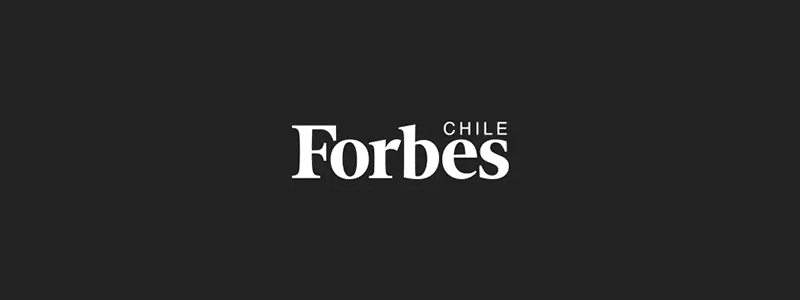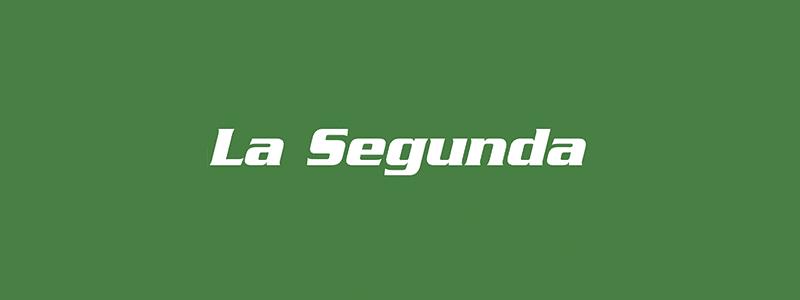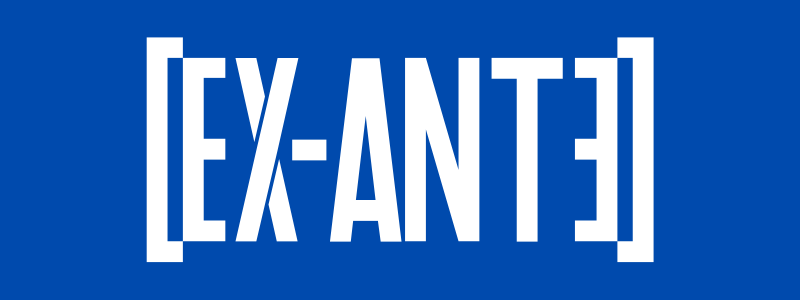Is a legal entity criminally liable if a company uses works protected by intellectual property law? Our partner Eugenio Gormáz answers and gives some of the keys to Forbes.
Based on the legislative advances we have experienced in the area of economic crime, it is essential to highlight the need to incorporate a change of priorities at the corporate level with regard to the adoption of measures to prevent crimes related to intellectual or industrial property. Specifically, in the adoption of comprehensive measures regarding the handling and management of intangible assets, regardless of the usual line of business of each particular business.
Thus, the Economic Crimes Law implies the inclusion of more than 200 crimes that are currently contained in various legal bodies, maintaining the same penalties, but assigning them a differentiated qualification according to their seriousness in comparison with other crimes. In this context, and given that all of them are incorporated into the Law on Criminal Liability of Legal Entities, companies could also be criminally liable.
The implementation of corporate practices in this area was common in industries that were linked in one way or another to the industry, including the creation of original content or the commercial management of their own or third party brands. However, the standardization of certain criminal conducts in the same regulatory body can also be interpreted as a call to the industry to value intangible assets as an integral and fundamental part of the business, regardless of whether or not the business is linked to the creation or transactions of industrial or intellectual assets.
In this way, the conducts related to the protection of copyright contemplated in the Intellectual Property Law and those that are in the Industrial Property Law, will be included in the catalog of the Criminal Liability of Legal Entities Law. Thus, all crimes affecting intellectual or industrial property, provided that they are linked to the activities of the company and the fact has been favored or facilitated by the lack of an adequate crime prevention model, will be imputable to the legal person.
It is in this context where the change in the analysis of compliance priorities becomes especially relevant, since the crimes contained in Laws 19.039 and 17.336 will be considered economic crimes, which implies that the special regime contemplated for this type of crimes will be applied when they have been committed in the context of business activity.
In the commission of an offense of this nature, the legal entity could be criminally liable, for example, when the company uses works of another’s domain, protected by the intellectual property law, without being expressly authorized to do so. Also, when the companies grant licenses with respect to works or performances or phonograms that are protected, lacking the authorization of the holder of the rights or the law.
In the same line, companies that infringe industrial property will be criminally liable when, for example, they maliciously use, for commercial purposes, trademarks equal or similar to another already registered for the same products, services or establishments or with respect to products, services or establishments related to those covered by the registered trademark.
In this regard, and given that we live in a highly digitalized world where the market demands the use of creative content on a constant and highly periodic basis, it is crucial to bear in mind that all industries, regardless of their nature, may face the risk of committing crimes related to intangible assets. Thus, marketing activities, positioning, media and other strategic aspects of a company can act as a breeding ground for the infringement of intellectual and industrial property rights.
Therefore, it is essential to consider that these changes in the legislation will mean an increase in the economic and legal responsibilities that fall on legal entities in case of involvement in this type of crime. Therefore, the need to implement an adequate crime prevention model, regardless of the company’s line of business or usual line of business, which also involves safeguarding the use and management of intangible assets, is particularly relevant.
It is also essential to continuously review internal practices and processes to detect and mitigate any potential risk. This must be transversal to all industries, as all of them must be alert to the risks related to this matter and work together to implement effective policies and practices to ensure compliance.
Column written by Eugenio Gormáz and published by Forbes (01-02-2024).




